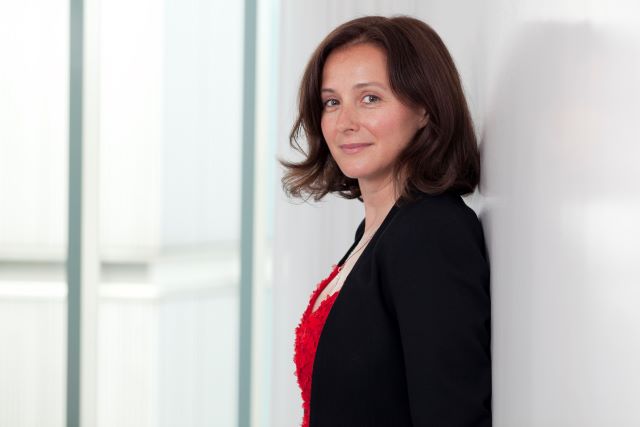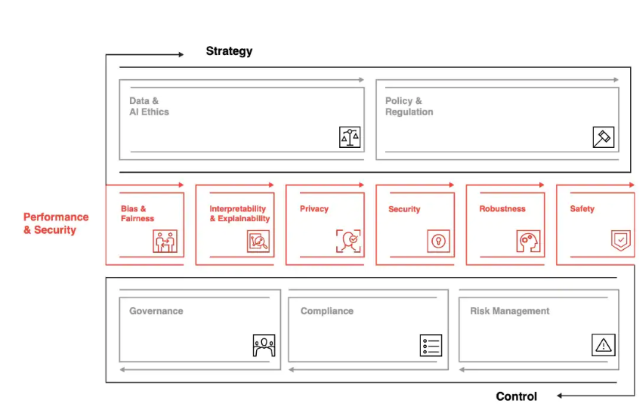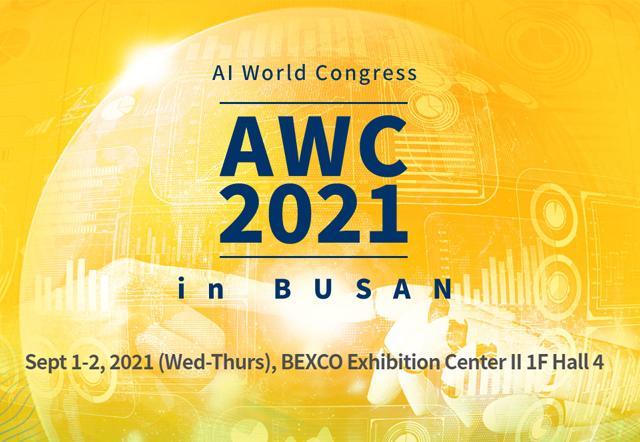
"We need to learn how to design and operate alongside [AI] that we remain in control of ourselves and societies through raising awareness, gathering people, having discussions and collaborating." - Maria Axente
Artificial intelligence (AI) has become an increasingly hot trend, especially in the past decade being in almost every facet of people’s lives in computers, smartphones, smart devices, search engines, Internet, apps and more. Lately, terms and technologies like machine learning, deep learning, and natural language processing (NLP) have also been popping up as part of the AI umbrella. But what is exactly AI? The definition may vary depending on the source, but IBM and Britannica refer to AI as a system’s ability to mimic intelligent beings such as thinking, learning and behaving like a human. Programming a machine to mimic human characteristics means trying to untangle a bit of a human’s complexity. Just as humans are not perfect, neither is AI. So, creating AI products require careful and responsible designing, especially when it comes to ethics. Leading those types of discussion and initiatives is Ms. Maria Axente, Responsible AI and AI for Good Lead at PwC UK.
Ms. Axente is a speaker in the upcoming AWC (AI World Congress) 2021 in Busan conference and will share her insights on how her professional experiences and passion led to her role within PwC, leading Responsible AI (RAI) and setting up PwC’s UK AI Center for Excellence.
AWC is a two-day conference focusing on technologies like AI towards sustainability (SDG’s) and smart cities, and will be held virtually on September 1-2, 2021. More information can be found here.

Introduction
In her role as Responsible AI and AI for Good Lead at Pwc, Maria advises people across industries, academia, governments, and more on how to use AI ethically and responsibly. She played a crucial role in setting and developing PwC’s UK AI Center for Excellence, which is PwC’s AI strategy. Maria is a globally recognised AI ethics expert, and Advisory Board member of the UK All-Party Parliamentary Group on AI, a Fellow of the RSA, and a passionate learner.
Background
Maria Axente: I loved math and computer science, and in high school, my concentration was computer science. So, before anyone heard about computers, I was already into programming. But then I switched to business studies because I like to run things and make things happen. I wanted to learn and see things. Luckily, Romania was just out of communism so there were many business opportunities. Right after finishing my undergraduate, I entered the business world, setting up and transforming businesses. It was such an invaluable experience! At the time, with zero experience, I learned so much by just doing. Instead of technical skills like creating documents or Powerpoints, I was accountable for the business profits or losses. However, at one point, my work did not challenge me enough. So, I moved myself across the continent (Europe) to London, where I had many friends. I completed my MBA and was determined to join a consultancy firm, which I did at Cognizant UK. During my time at Cognizant, I was exposed to so much technology and faced a steep learning curve. After Cognizant, I joined PwC. The exciting part about my career progression, especially my time in the UK, was being plugged into the world of technology, not just AI but everything. I learned technology from the ground up, what it means, its many layers and components.
Time in PwC and the “AI Center for Excellence”
Maria Axente: Four years ago, I came into PwC with both a technology and business background. I found myself advising the two worlds of business and technology to speak a common language. PwC approached me to set up the “AI Center for Excellence”, and so far, it has been the most interesting professional journey I have been on. It is like being an entrepreneur with a lot more freedom to experiment with things and build things from ground zero. While building the center, I started upskilling myself and having countless conversations with experts all around the world. With the knowledge my team and I had acquired, we put them into creating a Responsible AI (RAI) toolkit with the aim of helping people understand and master the implications of technology. That is how RAI started within PwC, and we are extremely proud of it because it was done with a lot of passion, sleepless nights, long trips and more. My team and I wanted to create something bringing everything together and easy to work with. And the result was a multi-dimensional, adaptive toolbox that could suit any client’s needs. Our holistic approach’s strength is the ability to focus on the “big picture”, which is balancing the benefits and risks of AI.

According to Oxford Insights, UK ranked second in the Government AI Readiness Index 2020. What do you believe attributed to UK’s success as a nation in being an AI powerhouse?
Maria Axente: Back in 2017-2018, then Prime Minister Theresa May came back from Davos and commissioned two experts to write a report on the UK’s strengths in artificial intelligence (AI) and how to develop it. The report was the first national AI strategy and policy and was successful due to the numerous experts involved. One of the report’s recommendations was to set up a national AI research institute, which is now the Alan Turing Institute. The research institute brought together all the amazing research on AI in the UK. That was the first time Cambridge and Oxford researchers interacted with people in the AI industries, governments, institutions like British Academy, Royal Society and many others to keep the country competitive in terms of AI and technology. It was about having a strong AI ecosystem, which involves collaboration. It was also the country of UK realising and taking advantage of the opportunity to do something together. UK benefitted from having experts like Professor Luciano Floridi, Professor Joanna Bryson and other pioneers in digital ethics.
Another important part was including all stakeholders. Without their collaboration, it was difficult to implement a national strategy. So, we needed to bring all stakeholders onboard, build a consensus and be on the same page speaking the same language. UK sent an open invitation to everyone, brought them together to collaborate, and asked “what can we do to make sure that this technology can be best used by the UK citizens?”
You mentioned that people need to be on the same page speaking the same language. What sort of things do the people need to be on the same page?
Maria Axente: It may be helpful to define what AI and Responsible AI (RAI) are. PwC defines AI as a set of technologies that mimic human intelligence including the ability to sense, think, act and learn like a human. Responsible AI (RAI) is creating something sustainable by maximizing benefits while minimizing risks. However, the trend I am witnessing from researchers and practitioners is to step away from the term and definition of AI itself. They are instead talking about the technologies under the AI umbrella such as machine learning (ML), deep learning, simulation and optimization. This is probably because people are starting to specialise in those specific technologies and will depend on its context. So, rather than continuing to debate about what human and artificial intelligence is and is not, people are focusing on the specific technologies and what it is intended to do (context). This has allowed people to communicate with clarity, especially in the areas of precise framing and intent.
Any general advice to the audience?
Maria Axente: AI is putting us in novel situations. We cannot just succumb to algorithms shaping our mindsets. We need to learn how to design and operate alongside them so that we remain in control of ourselves and societies through raising awareness, gathering people, having discussions and collaborating. Events like AWC provides the platform for those types of conversations to move forward.
To see how people, companies, governments, countries and more can come together, raise awareness, ask the right questions and move towards the direction of a responsible AI (RAI) and responsible technologies, check out Maria Axente’s presentation at AWC 2021 in Busan on September 1-2, 2021. More information can be found here.
